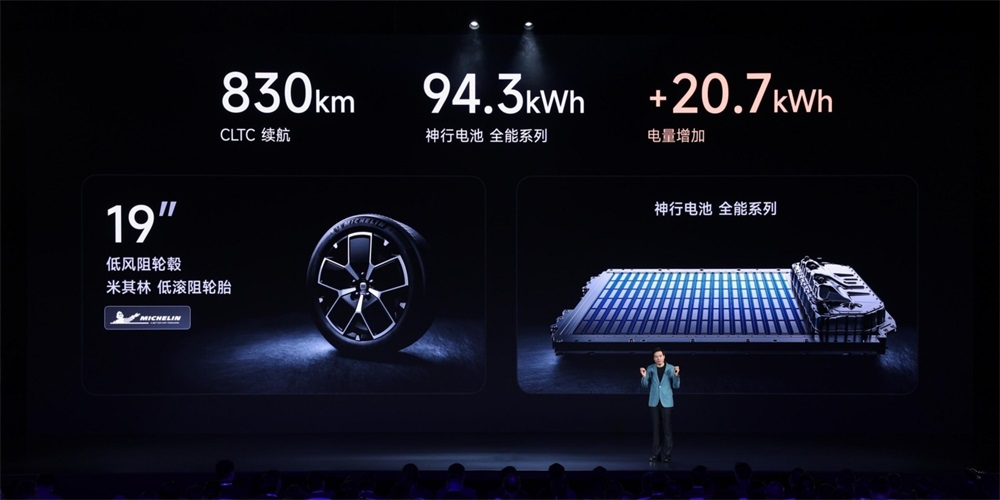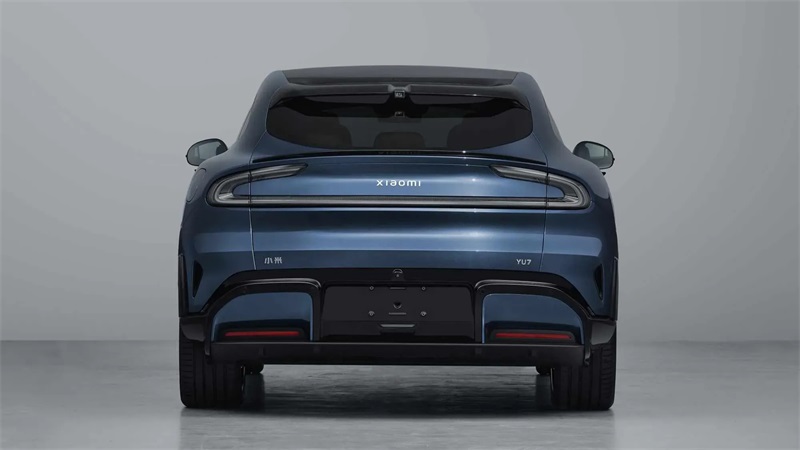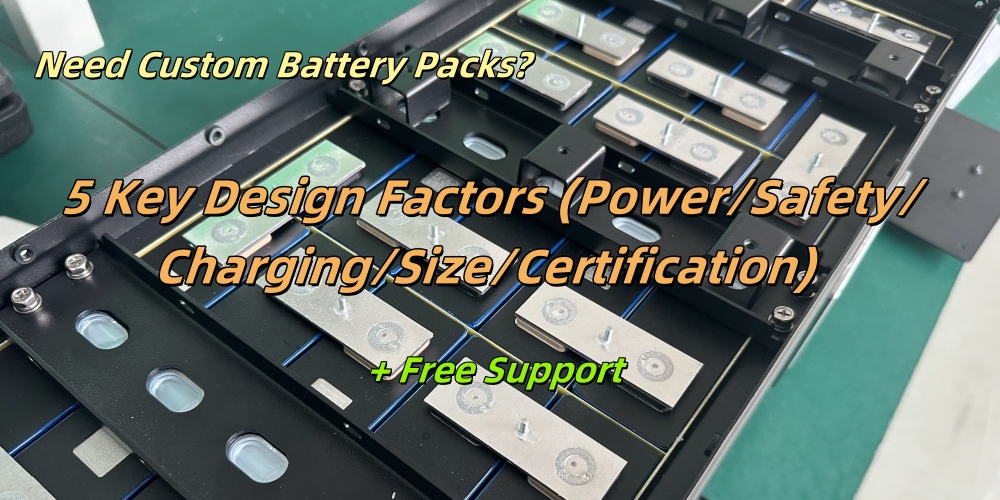Xiaomi YU7 and CATL: Betting on Battery Range Over Fast-Charging Hype

1. Defying Industry Trends: Xiaomi's Focus on Real-World Usability
While most automakers aggressively promote ultra-fast charging (4C, 5C, even 10C) to alleviate consumer anxiety, Xiaomi has taken a contrarian approach with its newly launched YU7 SUV. Instead of emphasizing charging speeds, CEO Lei Jun declared at the launch event: "Range is the most expensive configuration."
This philosophy reflects Xiaomi's commitment to "competing on technology, not just price"—prioritizing safety, durability, and real-world performance over marketing gimmicks. The strategy appears to resonate with consumers: the YU7 shattered pre-order records, securing 200,000 orders in 3 minutes and 289,000 in just one hour.
2. Battery Strategy: High Performance, Understated Marketing
The YU7 offers different battery configurations across its variants:
· Max Edition: Equipped with CATL's 5.2C Qilin battery (NCM chemistry), enabling 620 km of range in 15 minutes.
· Standard & Pro Editions: Feature a mix of CATL's Shenxing battery (Lithium Iron Phosphate/LFP) and BYD's Blade battery (LFP), delivering 835 km and 770 km of range, respectively.
Notably, Xiaomi downplayed the charging capabilities of the Standard and Pro models, even though the Shenxing LFP battery is capable of 400 km in 10 minutes (as demonstrated in other EVs like Avatr and Zeekr). Instead, Xiaomi advertised more conservative figures: 465 km (Standard) and 425 km (Pro) in 15 minutes.
3. Why Xiaomi Is "Underpromising and Overdelivering"
This deliberate understatement serves multiple strategic purposes:
· Consumer Psychology: By setting lower expectations, Xiaomi ensures that real-world charging performance exceeds advertised numbers, enhancing user satisfaction.
· Infrastructure Realities: Even with ultra-fast charging, most public chargers cannot support peak speeds, making raw charging specs less relevant than actual usability.
· Range as the True Priority: Surveys show that battery life remains the top concern for EV buyers, not theoretical maximum charging speeds.
4. A Shared Vision with CATL: Technology Over Price Wars
Xiaomi's approach aligns with CATL's philosophy. When launching the Shenxing Lithium Iron Phosphate (LFP) battery in 2023, CATL's Chief Scientist Wu Kai emphasized that fast charging should be accessible, not just a premium feature. Similarly, Lei Jun stressed that Xiaomi's EV strategy is rooted in "core technological innovation"—not just competing on cost.

5. The Future: Will Fast Charging or Range Win?
Xiaomi's strategy challenges the industry's obsession with charging speed benchmarks. If consumers respond positively to the YU7's real-world usability over spec-sheet bragging rights, it could shift automakers' focus toward practical range and reliability rather than just chasing faster charging numbers.
Ultimately, the market will decide—but Xiaomi's early success suggests that many buyers prefer dependable performance over theoretical extremes.

